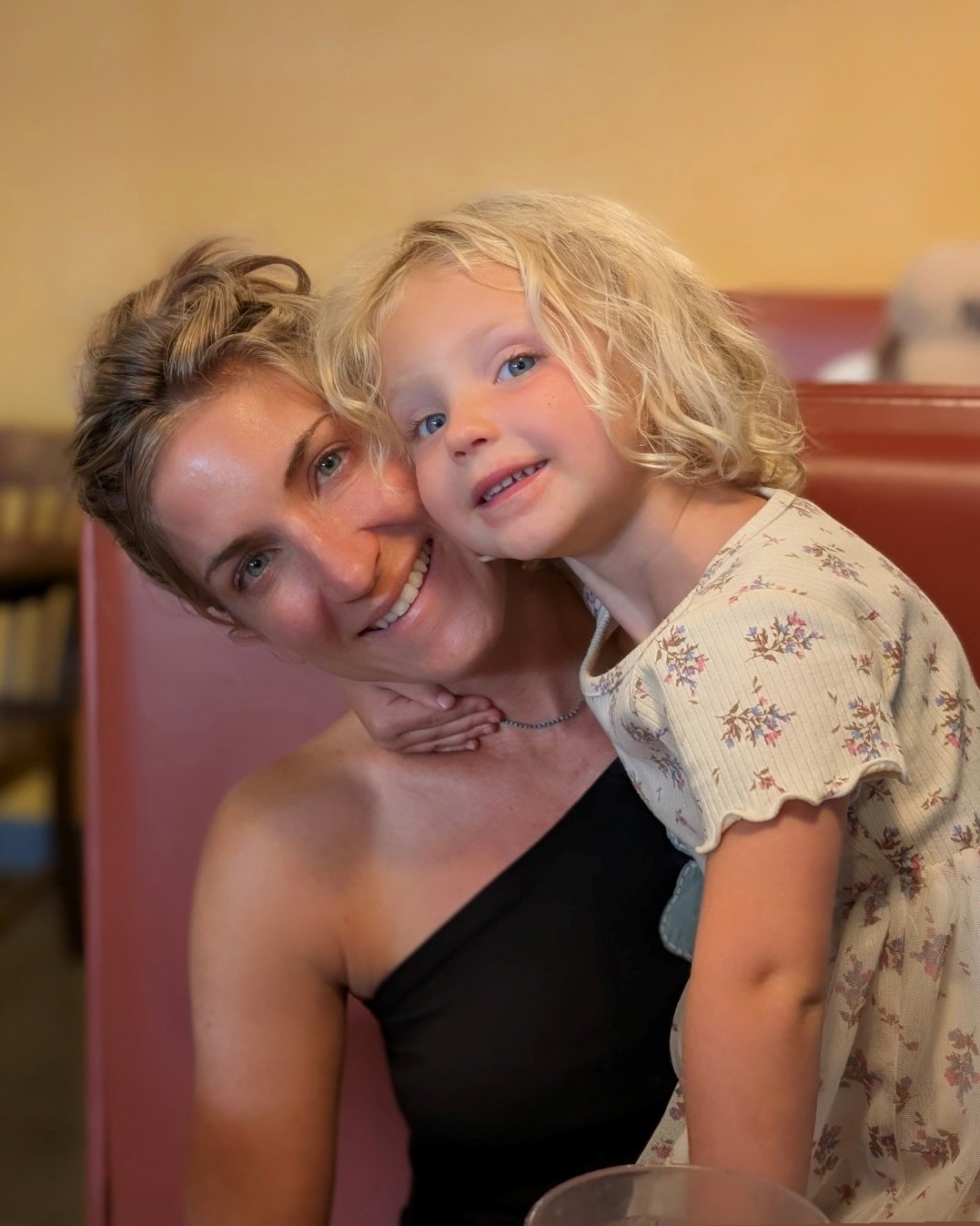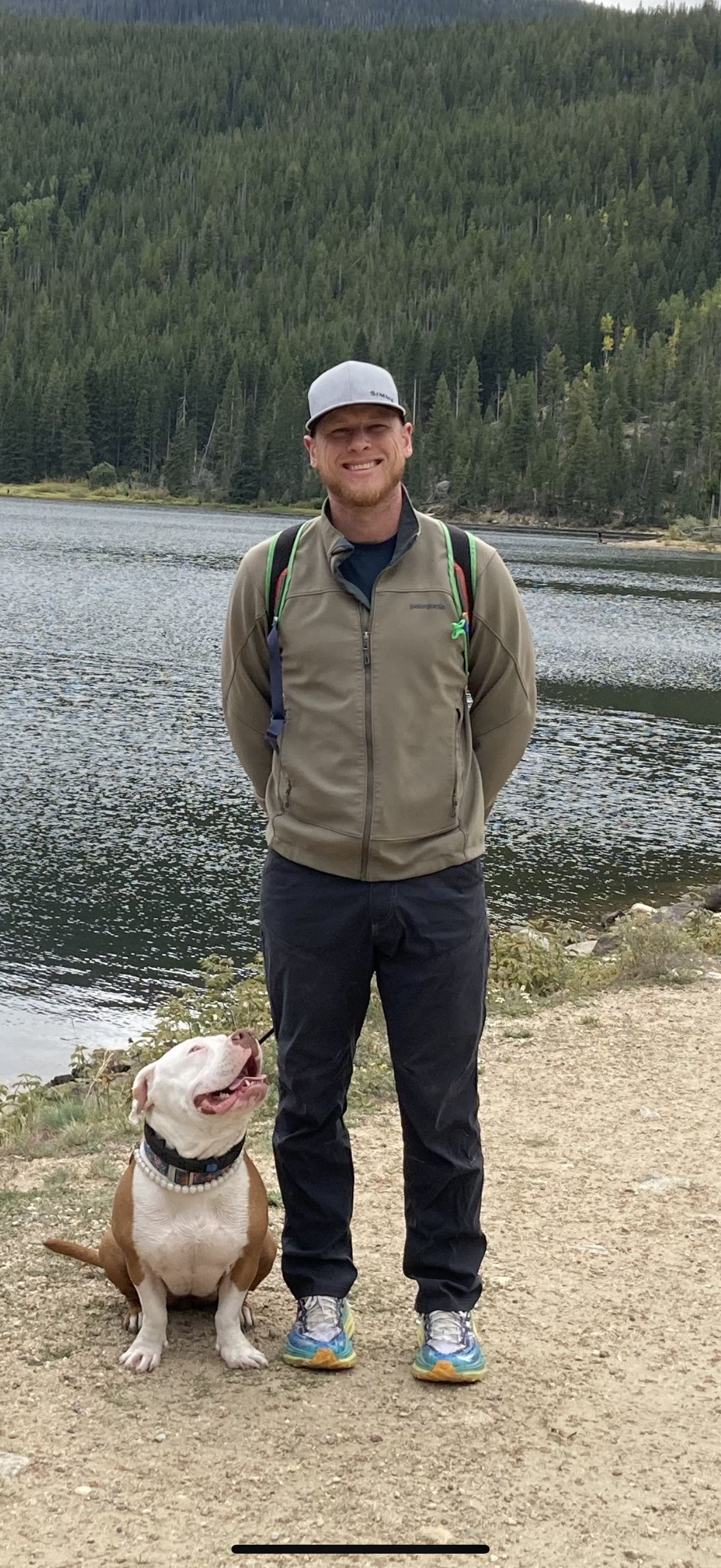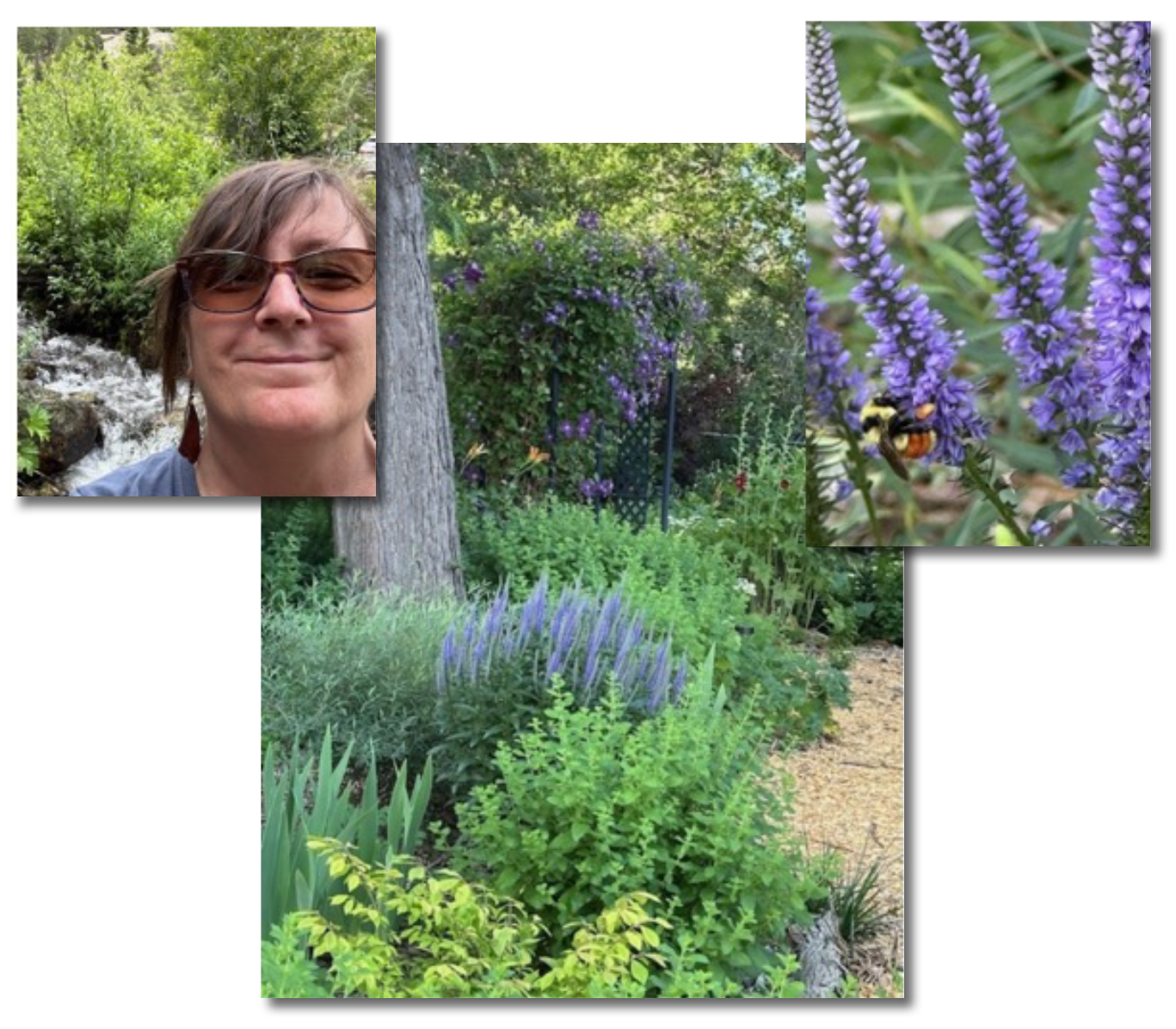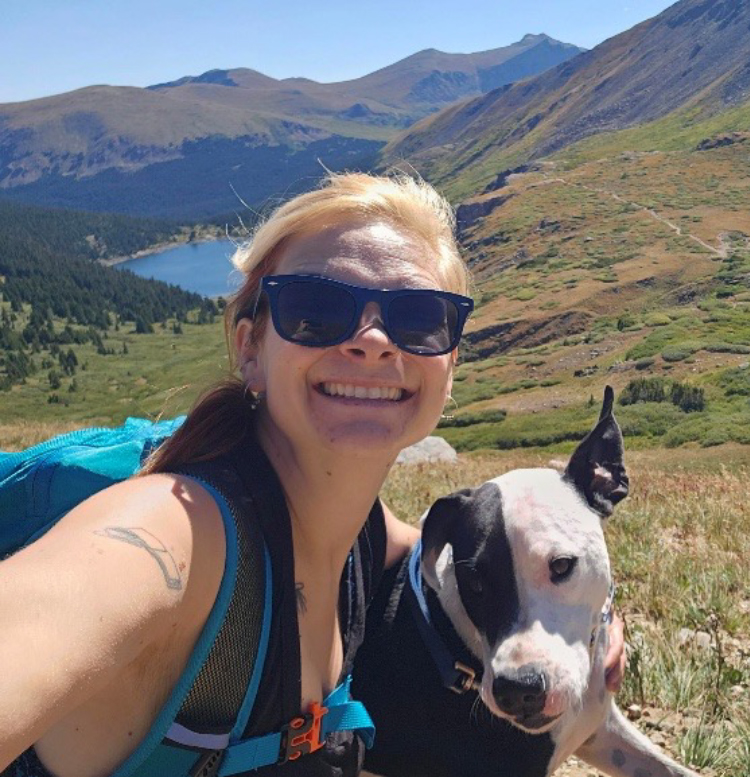My name is Tucker Eurman, I use he/him pronouns. I support the planning and distribution side of Boulder County’s opioid settlement funds. I joined Boulder County at the beginning of 2022 to support the development of the Boulder County Behavioral Health Roadmap, which also included supporting the first distribution of opioid settlement funds. I fully moved to the opioid settlement project mid-2023.
Prior to coming to work for the County, I spent nearly 15 years working in animal welfare, specializing in behavior, training, and enrichment for dogs living in animal shelters for the national non-profit Dogs Playing for Life. I rehabilitated dog-fighting dogs and shelter dogs at-risk for euthanasia for behavioral concerns (Meet Hansel, the first arson detection pitbull in the U.S.!), supported a Los Angeles prison program where incarcerated individuals trained shelter dogs for veterans, and did videography and photography all in between, including having my film about our programming in a film festival in New York City! While I am very proud of the work I did in the animal welfare world, I struggled with my own emotional distress, managed through drug and alcohol use. I decided to leave the animal world in 2022 as I explored my own recovery journey.
I am passionate about transforming systems for the better, to be more transparent, equitable, and community led. I aim to disrupt the status quo of systems that have historically marginalized, exploited, excluded, and oppressed community members. Personally, I never want to stop learning and growing; any outcome is a learning opportunity and “no’s” are merely potholes in the road to navigate around towards the ultimate goal. I recognize the privilege that I’ve been afforded in life and using my skills and experience to help elevate the voices of those that have been systemically silenced shapes how I approach my daily work. Lastly, while our work is serious and the impact opioids have had on our community is even more-so, I try to bring levity and fun to work wherever I can.
Outside of work you’ll find me with my partner, Sam, and three dogs outdoors somewhere, hiking, long-distance running, backpacking, fishing, doing yoga, or just sitting and taking in nature. We’re currently renovating a 125-year-old farmhouse we’ve dubbed the POS (Piece of Sunshine). I’m a big-time fermentation tinkerer – sourdough, kombucha, ginger beer, you name it! We also travel internationally as often as possible, immersing ourselves in other communities and cultures.





